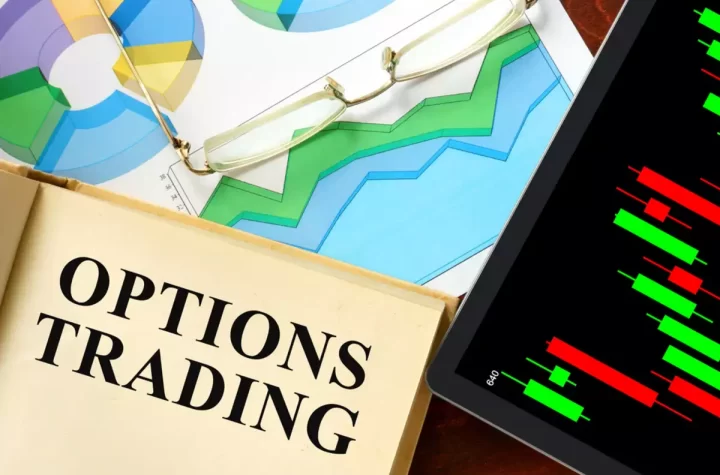Inflation is a subtle yet powerful force, akin to the shifting odds in a game, where the value of currency ebbs and flows. It’s a crucial economic factor that can significantly impact savings and investment strategies. This article explores how inflation influences the financial landscape, affecting everything from the purchasing power of savings to the returns on investments. Understanding these dynamics is essential for anyone looking to preserve and grow their wealth in an ever-changing economic environment.
Inflation Defined: A Fundamental Economic Concept
Inflation is the rate at which the general level of prices for goods and services is rising, eroding the purchasing power of money. It’s similar to playing a game at a casino online, where the value of bets can fluctuate. When inflation rises, each unit of currency buys fewer goods and services, directly impacting consumers’ and investors’ financial health. Understanding inflation is critical for developing effective savings and investment strategies, as it can dictate the real value of money over time.
Inflation and Savings: The Diminishing Value
Just as odds in an online game can change, so too does the value of money in an inflationary environment. Savings held in cash or low-interest accounts are particularly vulnerable to inflation. As the cost of living increases, the real value of money saved decreases, reducing purchasing power. This erosion of value means that over time, the same amount of money will buy less, making it crucial for savers to consider inflation when planning for the future.
Investments and Inflation: The Balancing Act
Investing during periods of inflation requires a strategy akin to playing a strategic game at a casino. Investments such as stocks, real estate, or commodities often provide a hedge against inflation. These assets can potentially increase in value at a rate that outpaces inflation, preserving or even increasing purchasing power. However, not all investments react the same way to inflationary pressures, making it essential to diversify and understand the unique characteristics of each investment type.
Fixed-Income Investments: The Inflation Challenge
Fixed-income investments, such as bonds, face a unique challenge in an inflationary environment, much like strategizing in real money slots south africa. When inflation rises, the fixed returns from bonds can lose their real value, as the interest earned may not keep pace with the increasing cost of living. This can lead to a decrease in the purchasing power of the income generated, making it essential for investors to consider inflation-protected securities or diversify into assets with potential for higher returns.
The Role of Central Banks: Inflation Management
Central banks, like the strategic players in slots, play a crucial role in managing inflation. They use tools such as interest rates and monetary policy to control inflation levels, aiming to maintain economic stability. When inflation is high, central banks may raise interest rates to cool down the economy, which can affect investment returns and borrowing costs. Investors must stay informed about central bank policies to understand their potential impact on investments and savings.
Strategies for Inflation-Proofing Your Portfolio
Inflation-proofing a portfolio involves strategies similar to playing a well-thought-out game in the financial world. Diversification across asset classes, investing in inflation-protected securities, and considering assets that historically perform well during inflationary periods are crucial steps. Regularly reviewing and adjusting the investment mix can help mitigate the impact of inflation, ensuring that savings and investments retain their value and purchasing power over time.
Conclusion
Inflation, much like the unpredictable turns in a casino game, is a constant presence in the economic landscape. Its impact on savings and investments can be profound, necessitating a proactive and informed approach to financial planning. By understanding the relationship between inflation, savings, and investments, and adapting strategies accordingly, individuals can safeguard their financial future against the eroding effects of inflation, ensuring long-term stability and growth in their financial journey.





More Stories
The Importance of Understanding Industry Life Cycles in Stock Performance Analysis
How to Protect Your Stock Market Investments From Inflation
Share Price Reactions to Earnings Announcements: An Event Study